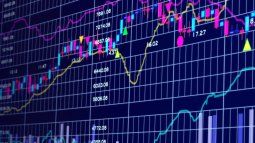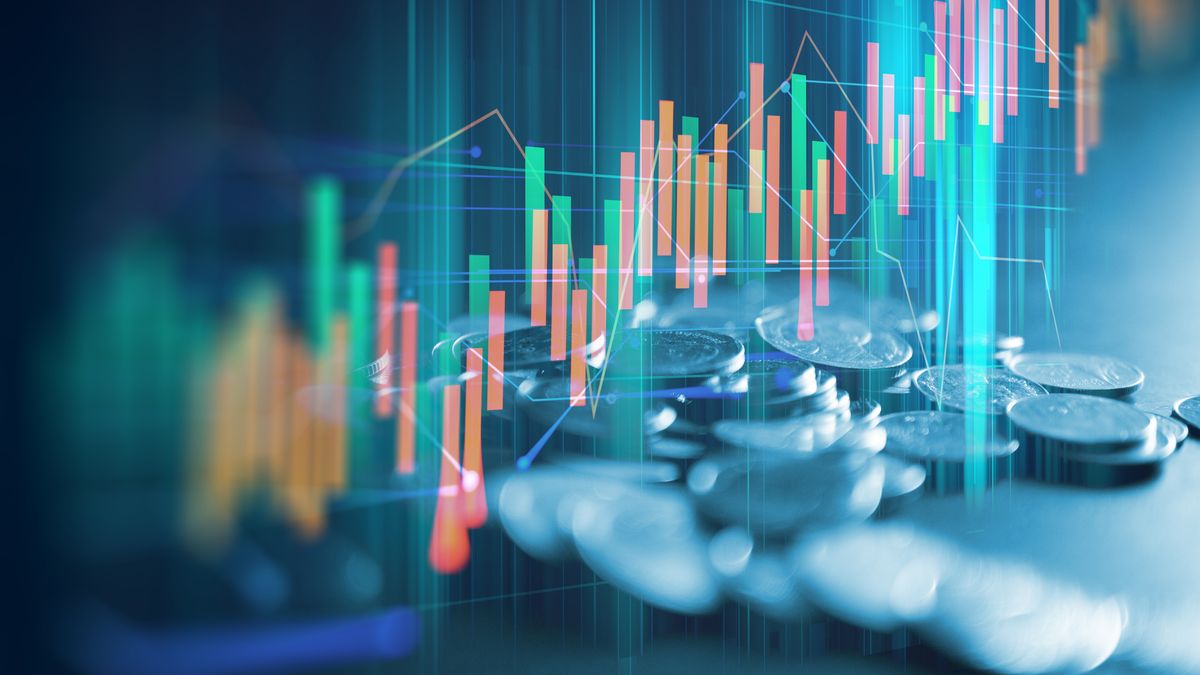The national government will try this Thursday to exchange the largest mass of management pesos: there are 9.5 trillion pesos that expire before the next two months and that it will try to replace with new titles at the end of 2024 and beginning of 2025.
In a key year for Argentina, the big wall street investors they seem more attentive than they seem to the immediate future. Opinions are divided: some are more optimistic than others. But the reality is that today, the Ministry of the Economy will carry out a new key debt swap in order to clear maturities that come in key months for the electoral period.
The content you want to access is exclusive to subscribers.
Thus, the national government will try this Thursday redeem the largest mass of management pesos: there are 9.5 trillion pesos that mature before the next two months and that it intends to replace with new titles at the end of 2024 and beginning of 2025. Most of the eligible instruments are in the hands of public bodies. “We estimate a floor of 70% adherence, which is slightly below public ownership,” says Mateo Reschini, Inviu’s senior research analyst. “The past swap taught that agencies don’t necessarily go in with everything they have.”


What do you think for the rest of the year?
The big players are still attentive to the news from Argentina, but the opportunity to bet on their assets is still far away, said five investors and analysts polled by Bloomberg.
At the optimistic extreme, the idea is enthusiastic that any of the electoral alternatives that today attract the greatest voter intention will turn towards a more orthodox economy, what promises an upside for Argentine assets. On the other hand, at the most pessimistic end, it is considered that this “pro-market” shift will be difficult to face, given the inheritance that the next Administration will receive and the social context with which it will have to deal.
In any of the multiple scenarios, the short term generates panic: the big players abroad share the idea that, even after suffering inflation of more than 100% per year and a devaluation of 50% in twelve months, Argentina still has not faced the painful adjustments that will be necessary to calm its economy. Correcting imbalances, dispelling doubts and reducing expenses could plunge the country into a crisis greater than the current one.
“Argentina has not had the worst of it because it still has adjustments to make: it has not yet devalued what it has to devalue and its policy rate is lower than it should be,” said Alberto Rojas of Credit Suisse.
votes-elections.jpg

Dollar: does the market expect devaluation?
No one doubts that there will be a devaluation of the official peso, possibly this year. The unknown for some is, now, whether there will be two devaluations: the first —probably partial— in the event that President Alberto Fernández is forced to adjust the parity to the low level of central bank reserves; the second, more definitive, when the new government takes office and tries to reach an exchange rate closer to equilibrium.
The main referents of the sell-side Those who still look at Argentina from abroad assign a high probability to a rally in bonds if the government suffers a setback in the primary elections. But they doubt that it can be sustained over time.
Source: Ambito
I am a 24-year-old writer and journalist who has been working in the news industry for the past two years. I write primarily about market news, so if you’re looking for insights into what’s going on in the stock market or economic indicators, you’ve come to the right place. I also dabble in writing articles on lifestyle trends and pop culture news.




